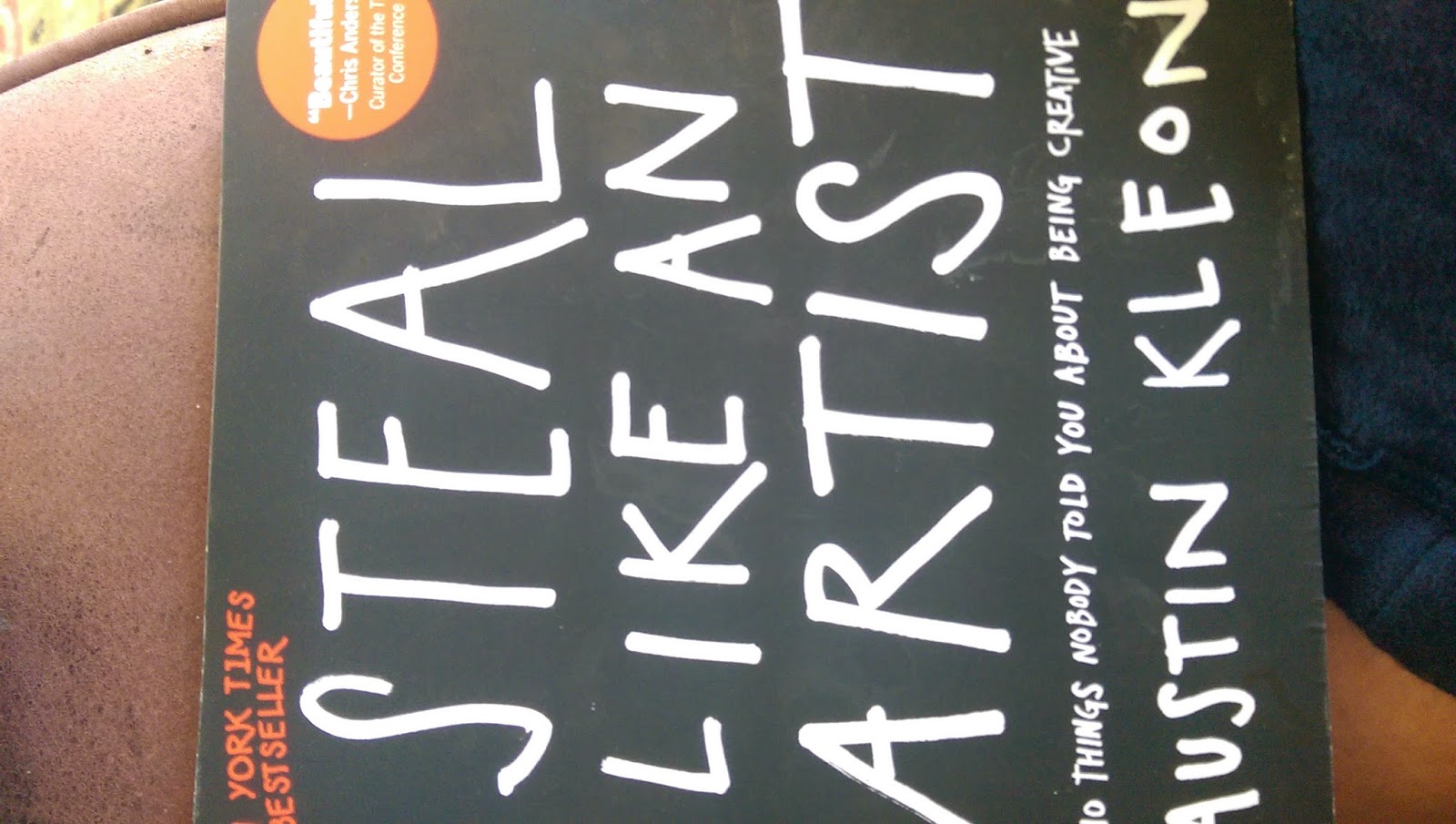I really enjoy making a very different statement out of a home construction manual. My daughter and I played with gel pens and messages one afternoon. It's not my normal form of expression, but that's why it's worth doing. Reading the work of Austin Kleon sometimes inspires me and my students to think new thoughts.
What is education for? You may have different answers whether you are a parent, teacher, business owner, college student, but the answers are not merely based upon your role. Philosophy determines perspective, and ultimately, policy, when street-level bureaucrats implement policy through their philosophical lens. A recent article in The Week, “The value of education is not what you think” by Jeff Spross (2019) relates how two different philosophies of education, human capital and signaling, result in quite disparate national educational policy. The human capital theory argues that education increases earnings because it adds knowledge and skills to workers, making them more valuable as employees. Signaling theory counters that idea with research showing that education is much more valuable as degrees that signal employers the employee has what it takes in intelligence, perseverance, and economic and social resources. Human capital argues that education develops employees; signaling a...


Comments
Post a Comment